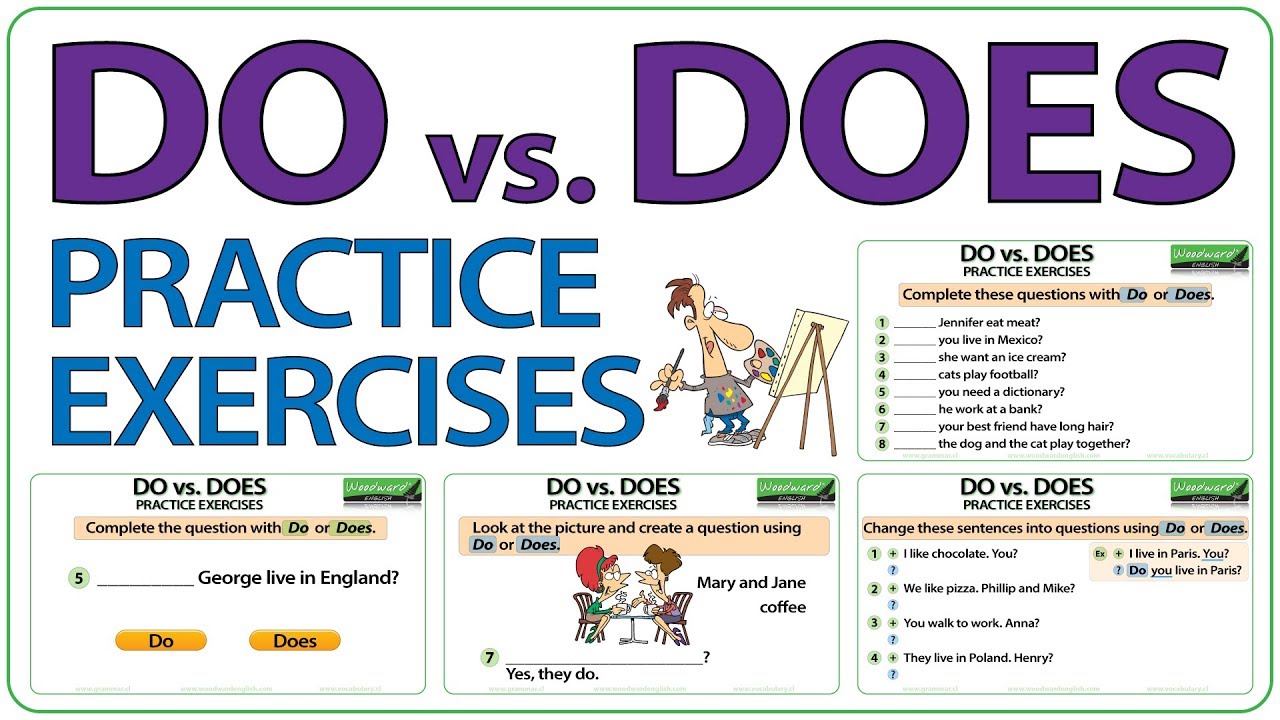How to Get Your Ohio Real Estate License: Step-by-Step Guide, Requirements, and Exam Tips
Overview: What it takes to become licensed in Ohio
To earn an Ohio real estate salesperson license, you must meet eligibility requirements, complete state-approved prelicensing education, secure a sponsoring broker, and pass the state exam. The Ohio Division of Real Estate & Professional Licensing outlines age, citizenship/legal status, education, character, and sponsorship requirements for applicants, along with the application and examination process [1] . Industry education providers and professional associations summarize the required coursework-most commonly described as four core subjects totaling around 100-120 instructional hours-and the steps to prepare for the exam and brokerage onboarding [2] [3] [4] .
Eligibility requirements
According to the state, applicants must be at least 18 years old, be a U.S. citizen or a legal alien (documentation required), be honest and truthful, and not have disqualifying offenses under Ohio law. Applicants born after 1950 must have a high school diploma or equivalent and must be sponsored by an Ohio-licensed broker at the time of application [1] . In practice, candidates often verify their eligibility early by reviewing the Division’s requirements and discussing background considerations with a prospective sponsoring broker before submitting their application [1] .

Source: etsy.com
Required prelicensing education
Ohio requires completion of state-approved real estate coursework covering four core areas: Real Estate Principles and Practices, Ohio Real Estate Law (including civil rights and fair housing), Real Estate Appraisal, and Real Estate Finance. Professional organizations in the state outline a 100-hour structure distributed as 40 hours in Principles and Practices, 40 hours in Ohio Real Estate Law, 10 hours in Appraisal, and 10 hours in Finance, completed within the 10 years preceding application [2] . Some national education providers note a 120-hour track, but the core content areas are consistent: Principles and Practices (40), Ohio Law with civil rights/fair housing (40), Appraisal (20), and Finance (20) [3] . Community colleges in Ohio offer certificate programs aligned to state requirements and commonly bundle the four areas into for-credit courses that prepare candidates to sit for the salesperson exam [5] .
Practical approach: You can enroll through an Ohio community college or a state-approved education provider that offers live, livestream, or self-paced formats. Many candidates choose programs that include exam prep and instructor access to reinforce law and math topics. Education providers emphasize completing all required hours and retaining transcripts or completion certificates to include with your application [2] [3] [4] .
Find a sponsoring broker
Before you submit your application to the state, you must be sponsored by an Ohio-licensed broker. Sponsorship is a requirement listed by the Division and is generally needed before the state will authorize you to sit for the exam [1] [2] . In practical terms, candidates typically interview multiple brokerages to compare training, mentorship, lead generation tools, technology, commission structures, and local market support. Many schools and associations host career events that connect students with brokers; education providers commonly advise securing sponsorship early to avoid delays in application processing [4] .
Submit your state application
After completing education and securing a sponsor, submit your Salesperson Examination Application to the Ohio Division of Real Estate & Professional Licensing with required documentation. The state processes applications and provides your information to the testing vendor when you are approved to test. The Ohio REALTORS association notes that applicants submit their application with proof of education (transcripts or certificates) and a state fee; the Division then routes the candidate to the exam provider to schedule the test [2] . You should retain copies of all supporting documents and respond promptly to any Division requests to minimize processing delays [2] .
Schedule and pass the Ohio salesperson exam
Once authorized, you will schedule your exam with the state’s testing vendor. Education providers and associations emphasize thorough exam preparation, including practice questions, state-specific law review, and timed assessments to build pacing. Many Ohio candidates benefit from targeted prep on financing math, agency, disclosures, and fair housing law, which are frequently tested areas [3] [2] . If you do not pass on the first attempt, most exam vendors allow retakes subject to state rules and vendor scheduling policies; confirm any waiting periods and fees directly with the vendor when you receive your authorization notice [3] .
Complete associated background and character requirements
The Division requires applicants to be honest and truthful and not have disqualifying offenses. Applicants should review Ohio’s disqualifying offense standards and be prepared to provide documentation if applicable. Candidates with prior civil rights violations relevant to real estate must meet specific time and adjudication standards as outlined by the Division for consideration [1] . When in doubt, discuss your circumstances with your prospective broker and consider consulting the Division for guidance before applying [1] .
Timelines, costs, and planning
Education providers commonly suggest allocating several weeks to a few months to complete coursework, depending on format and pace, and additional time for exam prep and scheduling. Application fees, exam fees, and fingerprinting/background costs may apply; because fees can change, verify the latest amounts with the Ohio Division and the testing vendor when you are ready to apply. Providers and associations also note the importance of budgeting for start-up costs, which may include association dues, MLS access, lockbox/display keys, marketing, and E&O insurance as required by your brokerage; these vary by market and brokerage and should be discussed during sponsor interviews [2] [3] .
Step-by-step action plan
1) Confirm eligibility: Review age, citizenship/legal status, education, and character requirements on the Ohio Division website. If you have background concerns, consider contacting the Division for guidance before enrolling in classes [1] . 2) Enroll in approved education: Choose a state-approved provider. Ohio community colleges and established education companies offer the four core subjects and often include exam prep. Keep completion certificates or transcripts for your application [2] [5] [3] . 3) Secure a sponsoring broker: Interview multiple firms to compare training and tools. You must have a sponsor before submitting your application to the Division [1] [2] . 4) Submit your application: File the Salesperson Examination Application with required documentation to the Ohio Division. After processing, you will receive exam scheduling instructions from the testing vendor [2] . 5) Prepare and test: Use provider exam prep and state-law refreshers. Schedule promptly upon authorization, and plan for possible retakes if needed per vendor policy [3] . 6) Onboard with your broker: After passing, complete brokerage onboarding, join local/state/national associations as applicable, and set up MLS access and tools. Specific dues, tools, and training vary by brokerage and market; confirm details during sponsor selection [2] .
Common challenges and solutions
Balancing coursework with work and family: Consider providers with flexible online or hybrid formats and clear weekly milestones; many candidates complete 8-12 hours per week to stay on pace for a two- to three-month finish [3] . Mastering Ohio law and fair housing: Prioritize the Ohio Law segment and civil rights/fair housing content, which is emphasized in state requirements and exams; targeted practice and instructor Q&A sessions can help reinforce tricky areas [2] [3] . Choosing the right broker: Build a simple scorecard for mentorship, leads, technology, and training. You can ask about onboarding timelines, required dues and fees, and first-90-days plans to ensure early production support [4] .

Source: pond5.com
Alternatives and next steps after licensing
If you later pursue a broker license, Ohio requires additional experience and education. Community colleges and professional associations in Ohio outline pathways from salesperson to broker through advanced coursework and experience accumulation; planning your electives and mentorship accordingly can shorten your long-term timeline [5] [2] . As a new licensee, coordinate with your sponsoring broker on post-licensing or continuing education requirements and set a production plan for your first 12 months, including prospecting, open houses, and sphere-of-influence outreach, which many brokerages support through structured training [2] .
How to move forward today
You can start by reviewing the Ohio Division’s official requirements, comparing education programs that match your schedule, and lining up brokerage interviews. When you’re confident in your timeline, gather your transcripts, confirm sponsorship, and submit your application so the Division can authorize your exam. If any program details or fees seem unclear, contact the Ohio Division of Real Estate & Professional Licensing directly and ask about current application procedures and exam vendor scheduling. This approach helps you avoid delays and keeps your momentum toward licensure [1] [2] .
References
[1] Ohio Department of Commerce, Division of Real Estate & Professional Licensing (n.d.). Requirements for an Ohio Real Estate Salesperson’s License. [2] Ohio REALTORS (n.d.). Salesperson, Broker License Requirements & how to get your license. [3] Kaplan Real Estate Education (2022). How to Become a Real Estate Agent in Ohio. [4] Hondros College (2025). How to Get a Real Estate License in Ohio. [5] Cincinnati State (2025). Ohio Real Estate Sales Agent & Brokers License Requirements.



